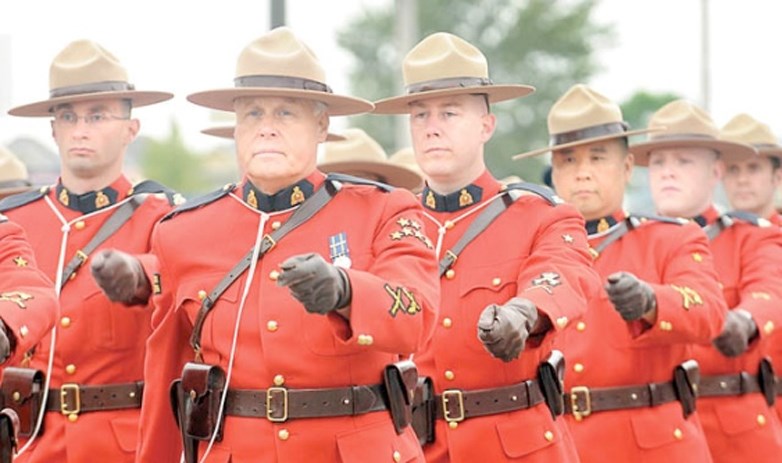Richmond residents may soon be asked if they want to cut ties with the Royal Canadian Mounted Police.
Last week, Mayor Malcolm Brodie announced the City of Richmond was continuing to research the feasibility of forming its own independent municipal police force.
At issue for Brodie is costs and governance.
“We’ve got issues on the governance side of things, consisting of the difference between having an Ottawa-based police force that interacts with council through a community safety committee …compared to the controls you can set with a police board, appointed by the mayor," said Brodie.
In fact, according to the provincial Police Act a municipal police board consists of the mayor as chair, one person appointed by council, as well as another seven board members appointed by the Lieutenant Governor.
A major thorn in the side of the city, according to Brodie, has been the RCMP’s decision to build a $1 billion E-Division headquarters in Surrey, named Green Timbers.
Brodie said the facility wasn’t necessary and, furthermore, local municipalities were not properly consulted, particularly when it came to the bill.
Brodie said to the best of his knowledge, the dispute over the bill is ongoing between the RCMP and the Province of B.C.
Another issue for Brodie is unilateral decisions made in Ottawa, such as making supervision of all volunteer auxiliary staff mandatory. That decision has placed extra costs and responsibilities on community policing.
“Initially, steps had to be taken to protect our volunteers. But in the longer run it really symptomized the kind of decisions that get made by Ottawa with very little local input. Auxiliaries allow city to expand its services,” noted Brodie.
Policing is the single largest cost to the City of Richmond, accounting for just over 20 cents for every tax dollar it collects. By comparison, community services account for 18.1 cents, engineering and public works for 16.3 cents and Richmond Fire Rescue for 14.9 cents.
Brodie said the review is looking at the relative cost of a local force versus that of what the city presently pays the RCMP.
The RCMP runs a number of integrated units (such as the Integrated Homicide Investigation Team) in the Lower Mainland and costs are supposed to be shared among the participating municipalities. However, the cost sharing is not always exact.
According to a staff report to the city’s safety committee last December, Richmond paid about $370,000 more for policing than was necessary last year.
But Brodie said a municipal force for Richmond would still likely outsource such integrated services, as is done elsewhere.
He said there appears to be no political will to assemble a Metro Vancouver police force and he believes there are “limitations” to such an idea.
Brodie said the review could be finished by the end of the year (as early as September) and the findings would then be presented to the public for comments to Richmond City Council.
If council were to cut ties with the RCMP, it would need to give two years notice.
Concurrently, the RCMP is presently looking at staffing levels, which is another decision the city would want to be a part of, said Brodie, who noted his concern was not with police officers.
“I believe we have a safe community here and people have had good service from the local detachment.”
Last year marked a five-year high for residential break-ins in Richmond. So far, as of May 2015, such crimes are down 3.1 per cent.
Earlier this year West Richmond residents rallied against break-ins, asking the RCMP and city to improve community Block Watch programs.
Metro Vancouver municipal police forces:
-Vancouver
-West Vancouver
-Delta
-New Westminster
-Abbotsford



